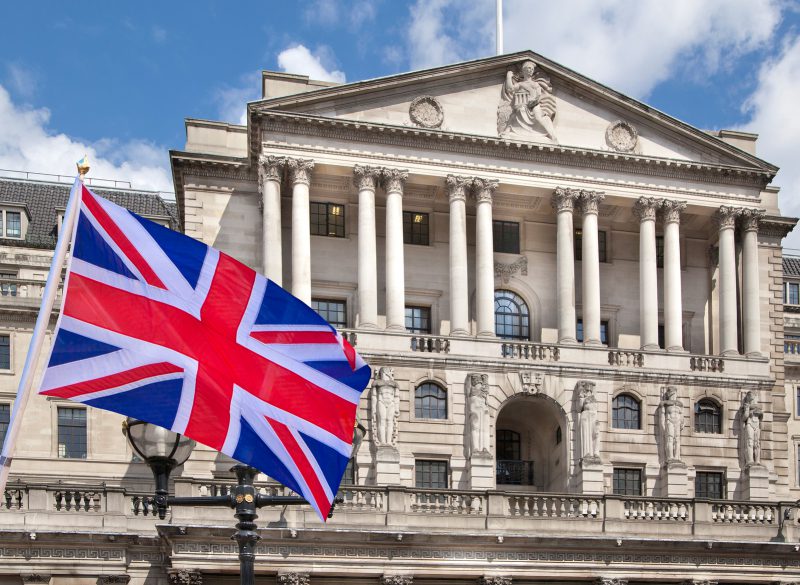The Bank of England (BOE) has confirmed that it will increase interest rates despite lower CPI (Consumer Price Index) numbers for November. The BOE has said it will raise interest rates by 50 basis points, bringing the rate to 3.5%. As the central bank works to control the UK’s soaring inflation rate, this marks the ninth straight increase to the base rate.
While individuals who have savings accounts may benefit from this decision, those who have mortgages and debt obligations will certainly suffer short-term consequences.
It was announced yesterday that the CPI through November 2022 was 10.7%. The number indicated a lowering of the pace of inflation despite the increasing cost of living. This constitutes a significant financial burden for consumers as the cost of goods and services continues to be extremely high. However, the data was lower than the 41-year high of 11.1% recorded for the previous year.
During its meeting, the MPC (Monetary Policy Committee) approved the rate hike by a vote of six to three. While the other two members voted to keep the rate at three percent, one member sought to raise it by 0.75 percentage points.
How much has inflation impacted UK’s GDP?
As of right now, the central bank expects the UK’s GDP to contract by 0.1 percent in the fourth quarter of 2022. This is 0.2 percentage points more than anticipated in the report from last month.
The MPC did point out that UK household consumption is still weak and that major housing market indicators have continued to deteriorate.
According to experts from ING James Smith, the central bank was likely to settle “somewhere in the middle” after last month’s huge rate rise. As per the experts, it seemed clear that the Bank of England’s initial 75 basis point rate rise in November would be a one-time event. Markets were overestimating the potential for further tightening at the time, which was a strong indication.





